The Scoop on COVID-19 Medicare Scams
Scammers are casting a wide net for victims. Here’s how to sidestep it.
There’s a good reason the U.S. has the Medicare Fraud Strike Force. Scams against the system are persistent – and they cause all taxpayers to endure the rising cost of healthcare premiums. With a pandemic providing a smoke screen for criminals, new scams have popped up.
Some of the latest fraud complaints are about telemarketing calls, text messages, social media messages and door-to-door salesmen offering COVID-19 tests or face masks in exchange for your Medicare number. Once they have this information, they can rip off the system. Scammers are also masquerading as COVID-19 contact tracers to get this data.
In this type of environment, it’s prudent to be cautious about giving out your Medicare number. It’s also not a bad idea to regularly check your Medicare summary notices for errors in billing, and be wary if a new provider is prescribing what seems like unnecessary testing or drugs.
Medicare calling? Not likely.
There have also been reports of inbound calls from someone pretending to be a Medicare representative, then asking for a Social Security number and personal financial information (and using scare tactics, saying you will lose eligibility for benefits). Knowing that Medicare will not make inbound calls to ask for your data is the armor you need to combat this. Hang up and report the scam call to 1.800.MEDICARE.
If you’re ever concerned you may have disclosed information that could lead to identity theft or financial account takeover, contact your advisor. You can also get a free credit report each week until April 2021 at annualcreditreport.com. To place a freeze or alert on your credit report, contact the three nation-wide credit bureaus directly: Experian, Equifax and TransUnion.
A $1.2 billion scheme
To get an idea of the impact of this type of fraud, consider one of the largest Medicare schemes, amounting to $1.2 billion in 2019. It involved an international call center that lured in unwitting victims, telehealth consults, and doctors being paid kickbacks for prescribing unnecessary back or knee braces. The scheme was complex and widespread.
If you’re among the Medicare beneficiaries these fraudsters are targeting, you can fight back by being as stingy as possible with your data. When in doubt, don’t give it out. And don’t take it personally – these criminals are taking advantage of a tragic moment on a broad scale.
Next steps
- Report suspicious calls and billing errors to Medicare by calling 1.800.MEDICARE.
- Consider checking your credit report now that you can access it for free each week at annualcreditreport.com.
- Contact your advisor if you think your personal financial information has been compromised.
Investment products are: not deposits, not FDIC/NCUA insured, not insured by any government agency, not bank guaranteed, subject to risk and may lose value. Raymond James financial advisors do not render legal or tax advice. Please consult a qualified professional regarding legal or tax advice.
All expressions of opinion reflect the judgment of Raymond James & Associates, Inc. and are subject to change. There is no assurance any of the trends mentioned will continue or that any of the forecasts mentioned will occur. Economic and market conditions are subject to change. Investing involves risk including the possible loss of capital. The S&P 500 is an unmanaged index of 500 widely held stocks. It is not possible to invest directly in an index. The market performance noted does not include fees and charges which would affect an investor’s returns. Past performance may not be indicative of future results.


 Maggie Slivinski
Maggie Slivinski Steve Corbo
Steve Corbo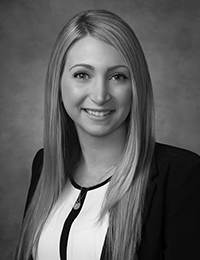 Alexandra Rao
Alexandra Rao Alexa Comey
Alexa Comey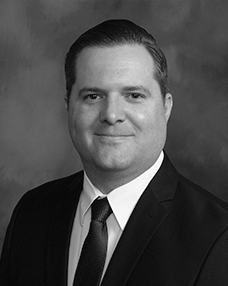 Gene Donato
Gene Donato Jack W. Kennedy III, CFP®, AAMS®
Jack W. Kennedy III, CFP®, AAMS® Henry (Hank) J. Schroeder, CFP®
Henry (Hank) J. Schroeder, CFP®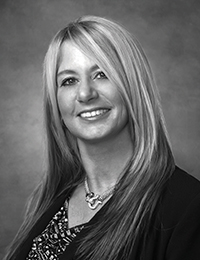 Diane Gallagher
Diane Gallagher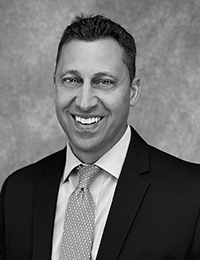 Scott Bernstiel
Scott Bernstiel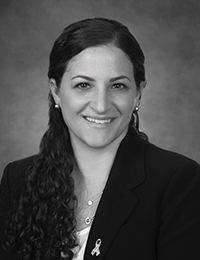 Chrissy Carpenter
Chrissy Carpenter David Strout
David Strout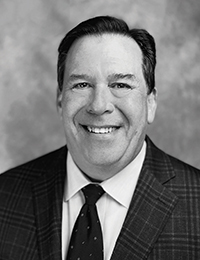 Keith R. Hering AAMS®, CRPS®, CIMA®
Keith R. Hering AAMS®, CRPS®, CIMA®  Marjorie Onuwa
Marjorie Onuwa